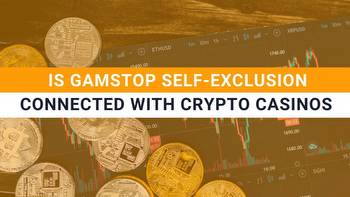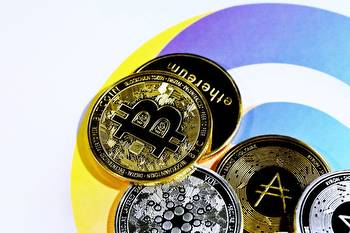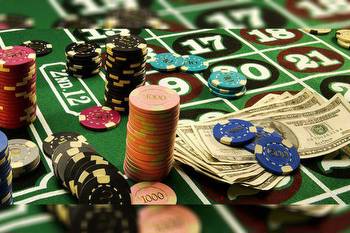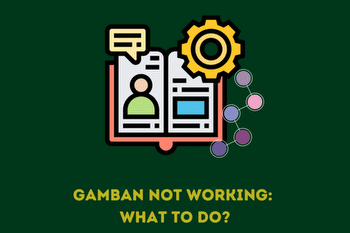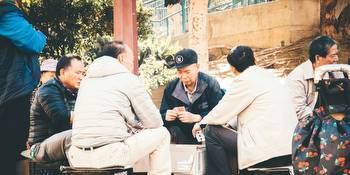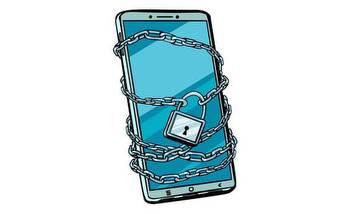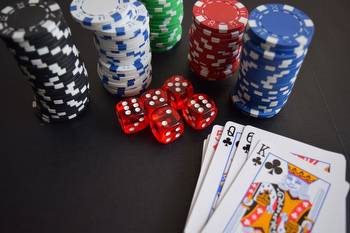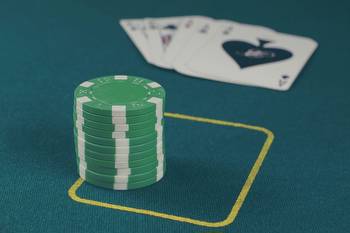Half of Brits see cryptocurrency trading as a form of gambling
More than half of Brits deem cryptocurrency trading as a form of gambling, according to a new study from Gamban, a software company that blocks access to online gambling sites and apps across devices.
After speaking with 1,007 gamblers throughout the country, the research also found that nearly half (48 per cent) would consider stock trading a form of gambling, while 56 per cent deemed cryptocurrency its own form.
It comes after cryptocurrencies saw a staggering crash last week, with more than $300bn (£246bn) being wiped off the total value of all cryptocurrencies in circulation.
Previous research has identified that excessive trading can be linked to a gambling disorder, with data showing found that addictive-like trading behaviour can be a subset of gambling disorders.
A study from Texas Tech University revealed more than 50 per cent of regular gamblers have traded cryptocurrencies in the previous year and that this was associated with an increased risk for problem gambling, depression and anxiety.
Jack Symons, chief exec of Gamban, said: “The aim of this research was to help us understand whether different types of trading are considered gambling. In a world where the lure of immediate gratification through digital platforms is increasingly tempting, it’s important that we take appropriate steps to ensure our users are protected from any activities that closely resemble gambling.
“Understanding whether the content we block should expand beyond the traditional forms of gambling will allow us to better protect our users. As well as this, we can then begin to provide recommendations on reducing gambling harm.”
Gamban works with the the self-exclusion scheme GAMSTOP, and the leading treatment provider GamCare, giving those experiencing harm from gambling access to their software for free through TalkBanStop.com
Gamban also struck a partnership with Norway’s government-owned national lottery and gaming operator to provide its software for free to those who self-exclude.








